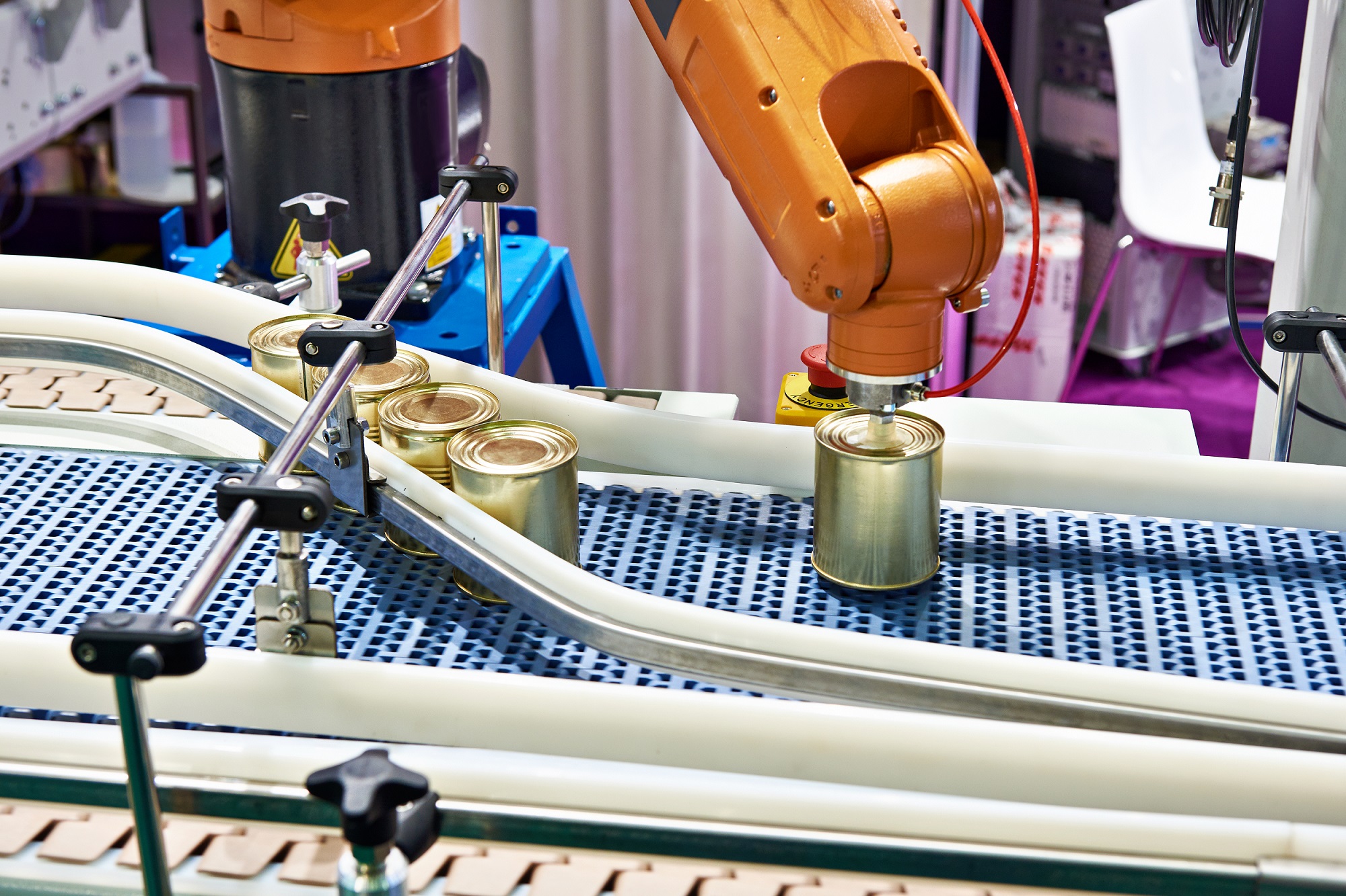Scottish manufacturers urged to embrace automation
02 September 2019
With the advances in automation and artificial intelligence and a wider adoption of technology on the factory floor, the security of traditional manufacturing jobs worldwide seemingly hangs in the balance.
Recent analysis by global forecasting firm Oxford Economics estimating that up to 20 million manufacturing jobs around the world could be replaced by robots over the next decade.
At first glance this is a startling prediction, especially for those currently employed within the manufacturing sector. But what does a robot in the workplace really mean? What could the impact be on Scotland’s manufacturing and engineering companies, and what can they do to develop their business models and workforce to prepare for change?

In industry, the term “robots” is used to describe everything from “pick and place” machines and robotic welders, through to software applications (bots) that can perform an automated task such as placing an order with a supplier when stocks run low. Given this broad range of applications, it might not be so surprising to understand why so many jobs could easily be replaced.
In truth, robots have been a key part of the manufacturing environment for decades. Their ability to undertake repetitive tasks, at a level of precision and speed that humans are incapable of, has been essential in bringing many of the products we take for granted to the mass market – think cars, mobile phones and white goods.
To be competitive in a global marketplace, businesses need to invest in more automated production lines which can increase productivity and reduce cost – and consequently, reduce the number of assembly operators they employ. As technology advances and machines become smarter, this trend is likely to accelerate.
Rather than shrinking the workforce, there is evidence to suggest that there will instead be a shift in the role that humans play in the factories of the future. Many of the jobs that employees will be doing in tomorrow’s production facilities don’t exist today, but manual and repetitive tasks will continue to be replaced by more creative and value adding roles such as installation, commissioning, programming and maintenance of the new technology. This will require a re-training of the workforce to ensure manufacturing companies have access to the skills and expertise needed to undertake these roles
To be competitive in a global marketplace, businesses need to invest in more automated production lines which can increase productivity and reduce cost.
Alistair Black
Head of Consulting and Engineering & Manufacturing
However, high volume repetitive manufacturing is only one part of the industry. For many smaller companies – the average headcount of Scottish manufacturing businesses is less than 25 – the key to success is low volume manufacture with a high level of customisation. Large, heavy and expensive machines, typically designed to undertake one repetitive task, are not agile enough to support such operations. Instead, they are starting to invest in the next generation of robots. Light-weight, highly mobile and easy to programme, these new “cobots”, as they have been labelled, are designed to work collaboratively with humans. Rather than replacing them, their role is to help assembly workers become more productive and operate more safely. The market for smaller, agile robots is in its infancy, but many observers believe that they will revolutionise the manufacturing landscape in the coming years. Alongside techniques such as additive manufacturing and 3-D printing, this means that low-volume production can be done quickly and cost-effectively; humans and machines working side by side.
The integration of smart machines in global production and supply chains will progress with the development of new, faster technologies. There is no going back. Rather than being seen as a threat, this will enable manufacturing companies of all sizes to become more efficient and competitive, whilst providing ample opportunities for their employees to develop their skills and undertake more interesting and stimulating roles.
Please get in touch with myself or a member of the Engineering & Manufacturing team to chat about this further.